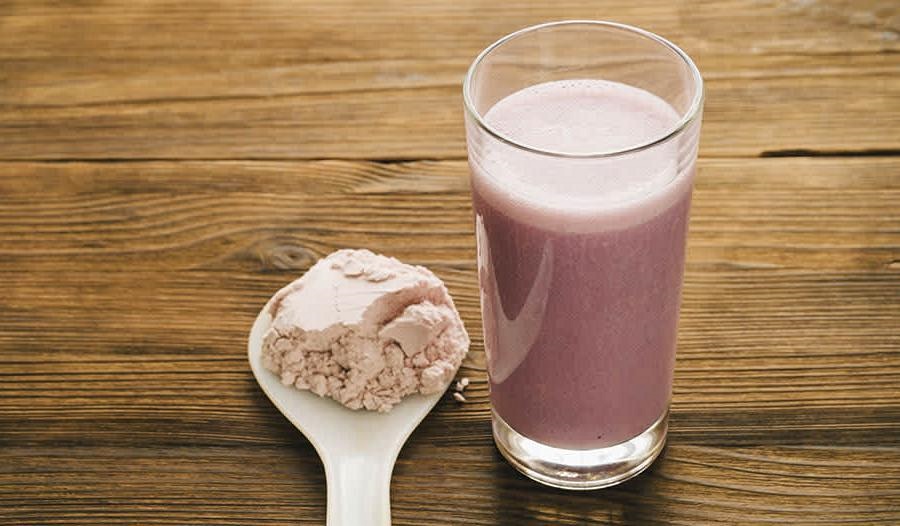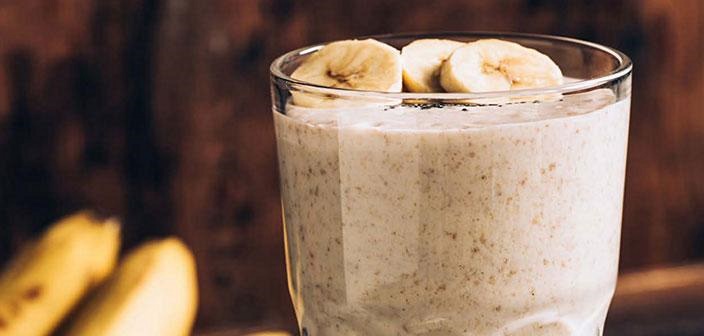Last Updated on: 18th December 2024, 12:32 pm
Recovery is crucial in endurance training, allowing athletes to recover and improve after workouts. Proper recovery nutrition is essential to repair muscles and replenish energy stores.
- Proteins rebuild damaged muscle fibers
- Carbohydrates replenish energy reserves
- Fats support overall health
- Vitamins and Minerals facilitate repair and growth processes
- Hydration ensures smooth transportation of nutrients
Understanding these nutrients is key to optimizing recovery. With the right nutrition, the body repairs efficiently, enhancing performance in future sessions. Strategic nutrition is essential for endurance athletes aiming for peak performance.
The Role of Carbohydrates in Recovery

Carbohydrates are vital for replenishing glycogen stores, the body’s main fuel during endurance activities. Post-workout, refuel with carbohydrates to restore glycogen levels and start recovery.
- Whole grains, fruits, and starchy vegetables are excellent carbohydrate sources
- Bananas are high in carbohydrates and potassium
Consume carbohydrates within 30 minutes to an hour post-exercise to maximize glycogen synthesis. This timing ensures muscles are receptive to glucose uptake, aiding recovery and energy restoration.
Incorporating the right carbohydrates at the right time enhances recovery, making it crucial for endurance athletes. Prioritize glycogen replenishment, select nutrient-dense sources, and time intake strategically for optimal recovery.
The Importance of Protein in Recovery

Protein’s Role in Muscle Repair and Growth
Protein is essential for muscle repair and growth. After training, muscles need repair, and protein provides amino acids to rebuild muscle fibers, preparing the body for future challenges.
High-Quality Protein Sources
- Lean meats, fish, dairy, eggs offer a complete amino acid profile
- Legumes and quinoa are great plant-based options
Combining Protein with Carbohydrates for Optimal Recovery
Protein is most effective when paired with carbohydrates. This combination accelerates recovery by replenishing glycogen and rebuilding muscle tissue. Consume a snack or meal with both within 30 minutes to an hour post-workout for maximum recovery.
Understanding protein’s role in recovery is key to optimizing training results. Focus on high-quality protein sources and combine them with carbohydrates for effective recovery and performance.
Hydration and Electrolyte Balance in Recovery

Dehydration impedes recovery, slowing muscle repair and energy replenishment. Proper hydration ensures efficient nutrient transport, aiding recovery.
- Electrolytes like sodium, potassium, magnesium, and calcium regulate fluid balance and muscle functions
- Electrolyte-rich foods include bananas, dairy products, and leafy greens
- Electrolyte replacement drinks can be beneficial for intense training sessions
Stay hydrated by drinking water throughout the day. Monitor urine color for hydration levels; aim for light straw color. Listen to your body and drink when thirsty.
These strategies ensure effective recovery, enhancing performance and reducing injury risk. Hydration and electrolyte balance are crucial in the recovery process, supporting the body’s ability to recover and perform.
Fats in the Recovery Process

Healthy fats manage inflammation and facilitate recovery. They offer anti-inflammatory properties that help repair muscles after training, reducing chronic injury risk.
Sources of beneficial fats include avocados, nuts, seeds, and fatty fish like salmon, rich in omega-3 fatty acids. Olive oil provides monounsaturated fats supporting heart health. Integrate these into post-workout meals for recovery and a balanced diet.
Balance fat intake with proteins and carbohydrates for optimal recovery. A post-workout meal with lean protein, complex carbohydrates, and healthy fat repairs muscles, replenishes energy, and reduces inflammation.
Embrace healthy fats in recovery nutrition to enhance recovery and performance. Select beneficial fat sources and balance intake with other nutrients for improved recovery and reduced injury risk.
Recovery Foods and Supplements: Whole Foods vs. Supplements

Whole foods provide a complex array of nutrients for recovery. For example, sweet potatoes offer carbohydrates and vitamins A and C. Supplements are useful for convenience or dietary restrictions.
Recommended Supplements for Endurance Athletes
- Branched-chain amino acids (BCAAs) support muscle repair.
- Omega-3 supplements reduce inflammation.
- Creatine aids recovery and increases muscle energy reserves.
Precautions and Considerations When Choosing Supplements
Choose supplements carefully. Quality is paramount; look for third-party tested products. Consider timing of intake for maximum benefits. Consult a healthcare professional before starting supplements.
A balanced diet rich in whole foods should be the foundation. Supplements complement but should not replace real food. Thoughtful selection and timing of supplements optimize recovery and performance.
Putting It All Together: Sample Recovery Meals and Snacks

Design recovery meals to refuel, rebuild, and rehydrate. Include carbohydrates, proteins, healthy fats, fluids, and electrolytes. Timing is critical, ideally within 30 minutes to one-hour post-exercise.
Recovery meals are crucial for endurance athletes, aiding repair, energy replenishment, and reducing soreness. Here are examples:
Recovery Meals
- Grilled chicken breast with quinoa and roasted vegetables for lean protein, complex carbohydrates, and micronutrients.
- Salmon fillet with sweet potato and a side salad for omega-3s, beta-carotene, and fiber.
Recovery Snacks
- Smoothie with Greek yogurt, berries, and banana for protein and carbohydrates.
- Peanut butter and jelly sandwich on whole-grain bread for protein, healthy fats, and carbohydrates.
Effective recovery nutrition is about what and when you eat. Timing meals and snacks ensures the body has the building blocks to repair and grow stronger, enhancing performance and health.
Final Thoughts
Nutrition fuels recovery and performance. A balanced diet with carbohydrates, proteins, and healthy fats enhances recovery. Integrate hydration and strategic supplementation for optimal repair and growth. Endurance athletes should prioritize recovery nutrition for improved performance and health.

